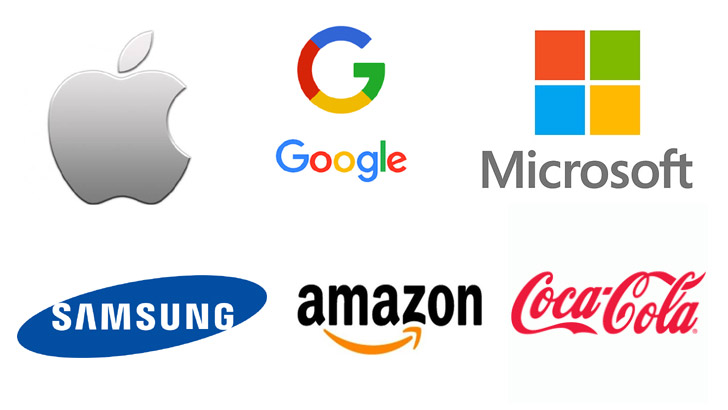When it comes to companies’ financial digital transformation, cloud accounting takes the front seat. Ever since the pandemic, the digital transformation of accounting has even more accelerated, and the significance of cloud technologies has even more increased. More and more businesses have started to migrate to the cloud.
In fact, cloud accounting ledgers sounded pretty cool in early 2010 when companies and software such as QuickBooks and Xero came to light. If you adopted Software as a Service (SaaS) Accounting, then you are one of the early adopters and were a step ahead of your time. For such early adopters, now it is all about increasing the power of the accounting software with automation.
Lately, for many businesses, especially SMBs, maintaining a cloud accounting services ledger has become a requirement rather than a novelty. The advantages of a cloud accounting platform are not limited. From 24/7 accessibility to an up-to-date centralized data repository packed with automation features, cloud accounting has more to offer.
But, is cloud accounting safe?
Even though cloud accounting has a few tricks up its sleeves to protect your data more efficiently than conventional accounting books, there are still a few potential risks that SMBs should take into consideration before migrating to cloud accounting.
Before you migrate your valuable data to the cloud, you need to ensure that your data will be secure. But when you give access to your data to everyone in your business, inevitable your data will be at risk. In addition to security, businesses are required to make sure that their data in the cloud is compliant with respective government laws. Lucky for SMBs, most of the cloud accounting software platforms make sure their services are in accordance with national and foreign laws and offer a great level of security that keeps cyber-attacks and data breaches at bay. Having said that, SMBs are still required to keep an eye on the safety of the employee credentials. As long as you pay attention to the protection of data, your data will be safe and secure.
Again, when data can be accessed by employees who have the rights to the system, the risk of confidential data begin stolen or a 3rd-party getting their hands on your value data is significantly less when compared to a security breach taking place when utilizing an on-premise accounting system.
Also, to make sure business continuity and help with disaster recovery, cloud accounting platform providers usually make ensure redundancy in the servicer which is the availability of backup services in a minimum of two to three locations. That means, even if one server goes offline for some reason, the businesses should still be able to access their data without any problem.
Here’s why cloud accounting migration can make a difference for SMBs
Less expensive
Every business wants to utilize cost-affordable solutions. Cloud accounting exactly comes under the less expensive category. It significantly minimizes the cost as the businesses will no longer be paying for server space and hardware. On the other hand, conventional accounting demands companies to pay for their software updates.
In cloud accounting, companies only will have to pay either annual or monthly fees depending on the package or features they choose. But when it comes to software updates, they don’t have to pay any as everything will happen at the back end.
Scalability
The very first thing the companies have to do when it comes to using conventional accounting methods is that they have to purchase licenses for users. As your company grows bigger and bigger, you will have to provide access to more and more users. And for that, you need to get more licenses and servers for load management. Whereas, cloud accounting doesn’t need any of that.
Businesses don’t have to purchase licenses in order to provide access to its users. In fact, with cloud accounting, businesses can easily expand access just with a click of a button. Companies can easily get scalability with cloud accounting.
Accessibility
Unlike cloud accounting, conventional accounting methods take a lot of time if someone needs a piece of information from years ago. But with cloud accounting, everyone who has credentials will be able to log in from anywhere anytime and check exactly what they need without wasting time. This gives easy accessibility to employees especially when they are in a hurry.
Security
SMBs require proper security measures to ensure their data protection as they are one of the most common targets for hackers. When compared to conventional methods, cloud accounting is secure and safer to prevent a data breach as it adds an extra layer of protection and robust data encryption.
What are the efficient cloud accounting software available in the market?
Picking the right cloud accounting software can be a daunting task. Here are some of the options that are worth considering.
- QuickBooks
- NetSuite
- FreeAgent
- Zoho Books
- Xero
- Sage
- Kashflow
Cloud accounting could be one major advancement that you are considering to keep your SMB a step ahead of the technological curve. Migrating to cloud accounting has a bunch of benefits that could help your business in many ways.
sprunki horror Endless Fun Awaits!



